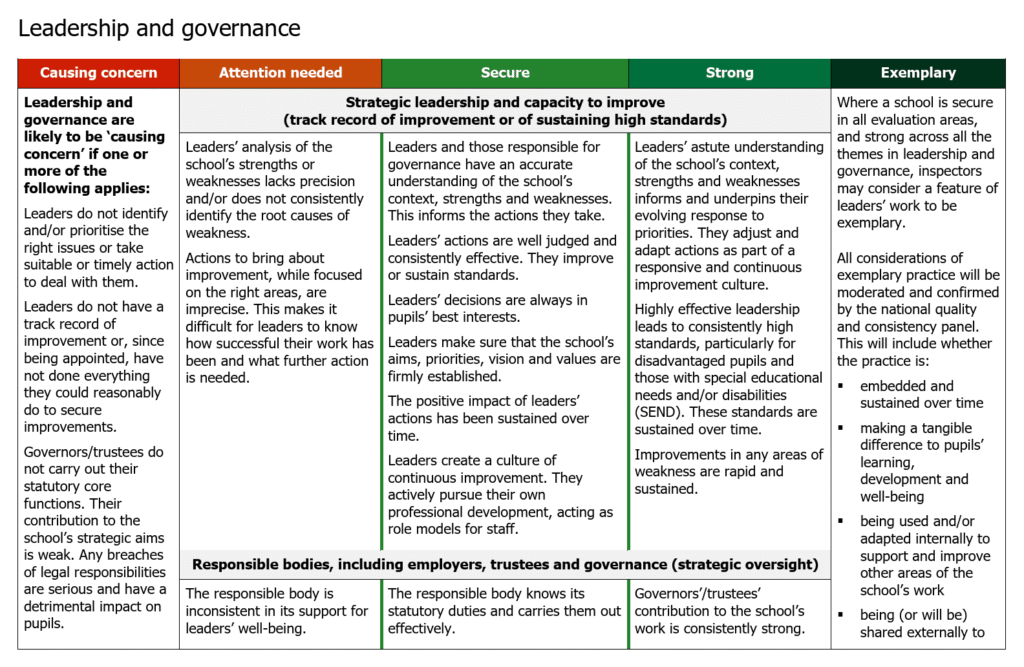Ofsted Introduces New School Inspection Framework Amidst Controversy
The Office for Standards in Education, Children’s Services and Skills (Ofsted) is set to implement a new ‘report card’ style of school inspections, a move that has stirred significant debate among educators and stakeholders. This fresh approach aims to enhance the current grading system by offering educational institutions a clearer pathway to rectify any unfavorable assessments.
What the New Inspection Framework Entails
The proposed framework includes a monitoring system designed to expedite improvement actions following negative evaluations. With this initiative, Ofsted intends to empower schools to address weaknesses more effectively and promptly, making it easier for them to elevate their performance standards.
Criticism from Educators and Parents
Despite the potential benefits, the new inspection format is not without its critics. Parents and educators have voiced concerns, arguing that the report card method may place excessive pressure on schools and teachers, possibly overshadowing the diverse and complex realities of education. Many fear that this simplified grading may lead to an overemphasis on numerical scores over qualitative aspects of learning.
Support for Improvement Initiatives
Proponents of the new approach, however, argue that the ability to swiftly assess and react to deficiencies can create a more dynamic educational environment. By focusing on actionable insights, schools can mobilize resources and strategies to better support their students’ academic journeys.
Key Features of the New Monitoring System
The newly introduced system will allow for more regular assessments and facilitate ongoing reviews that will help schools implement necessary changes. This initiative is aligned with the government’s broader strategy to raise educational standards across the board.
| Feature | Description |
|---|---|
| Report Card Inspections | Simplified grading system to provide clearer performance evaluations. |
| Monitoring System | Regular assessments to allow quicker corrections of weaknesses. |
| Focus on Continuous Improvement | Encourages ongoing development in teaching and learning environments. |
Conclusion
As Ofsted prepares to roll out this new framework, the education sector remains divided. While some stakeholders embrace the opportunities for improvement, others worry about the implications of a strict grading system on the holistic nature of education. The discourse surrounding these changes will likely continue as schools adjust to the evolving expectations.

